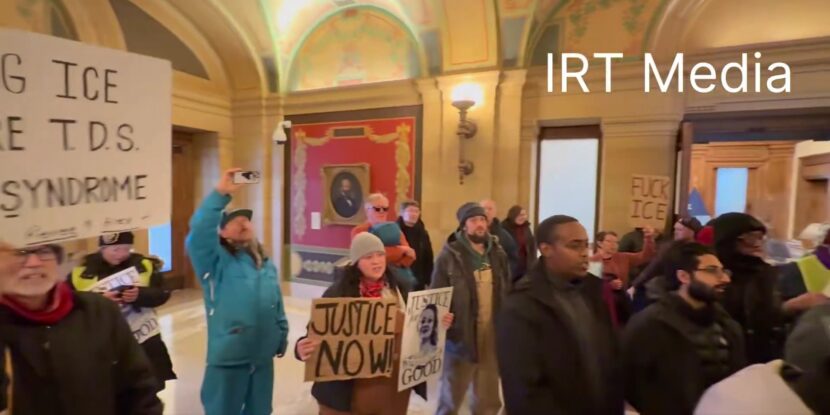PULSE POINTS:
❓What Happened: Republican support for gay marriage has significantly dropped, according to a recent Gallup poll, but Democratic support remains high.
👥 Who’s Involved: Gallup poll respondents, including Republicans, Democrats, and independents; Supreme Court Justice Clarence Thomas.
📍 Where & When: United States; Gallup poll released Thursday, May 29, 2025.
⚠️ Impact: The poll reflects a growing partisan divide on gay marriage and related moral issues, with implications for future legal challenges and cultural debates.
IN FULL:
Support among Republicans for same-sex marriage has dropped sharply over the past three years, according to a new Gallup poll released Thursday. The survey found that just 41 percent of GOP voters now back the legalization of gay marriage, a significant decline from 55 percent in 2021 and 2022.
In contrast, 88 percent of Democrats expressed approval for same-sex marriage, marking a 47-point gap between the two parties—the largest divide recorded since Gallup began polling on the issue in 1996. Among independents, 76 percent voiced support for gay marriage.
Historical data from Gallup shows that in 1996, only 16 percent of Republicans, 33 percent of Democrats, and 32 percent of independents supported the legalization of same-sex unions.
The new poll also highlighted differences in moral perceptions of gay and lesbian relationships. While 86 percent of Democrats said such relationships are morally acceptable, only 38 percent of Republicans agreed—a sharp drop from 56 percent in 2022. Among Americans who attend religious services weekly, 33 percent found same-sex marriage morally acceptable, with only 24 percent deeming gay and lesbian relationships socially acceptable.
The issue of same-sex marriage has also been revisited in legal debates. Justice Clarence Thomas, in his concurring opinion in the 2022 Dobbs v. Jackson Women’s Health Organization decision, called for reconsideration of substantive due process precedents, including Obergefell v. Hodges, the 2015 case that established a constitutional right to gay marriage.
Thomas argued that the legal principle of substantive due process, which has been used to protect unenumerated rights like privacy and same-sex marriage, lacks constitutional grounding. He described it as “an oxymoron that lack[s] any basis in the Constitution,” and emphasized that such decisions should be revisited to determine whether other constitutional provisions might support the rights they claim to protect.
“Substantive due process exalts judges at the expense of the People from whom they derive their authority,” Thomas wrote, adding that it has led to “constitutionally unmoored policy judgments.”




















